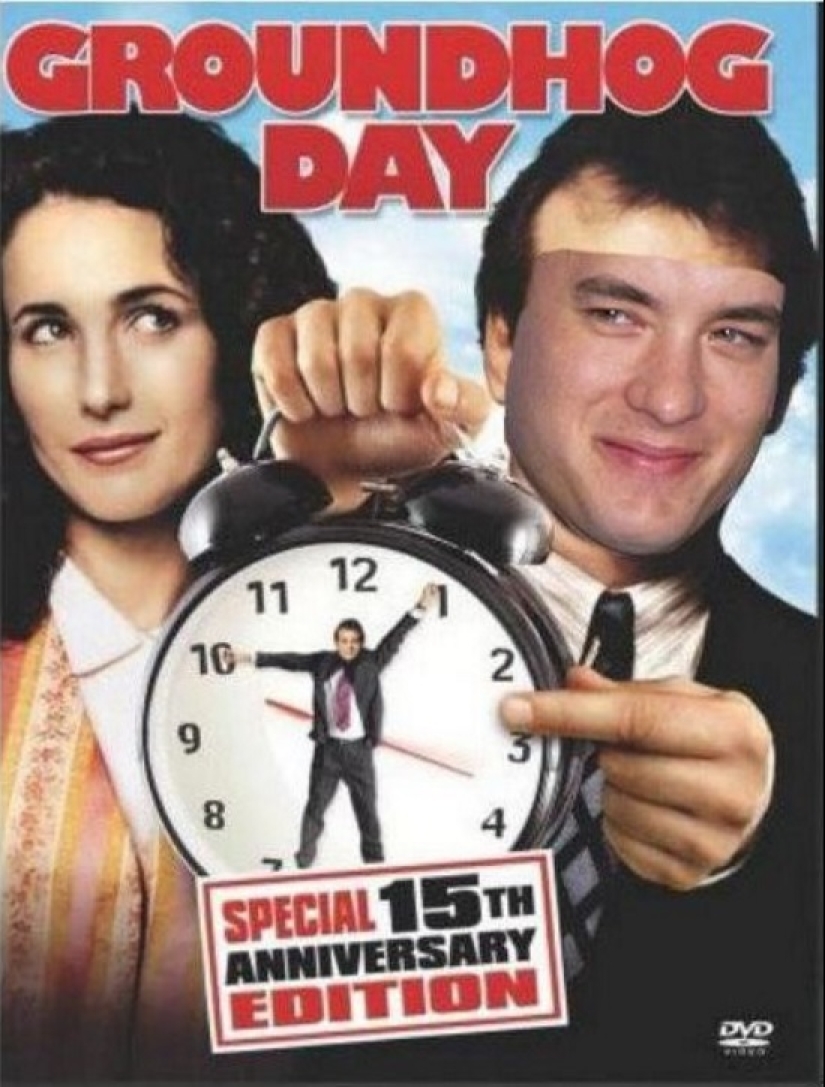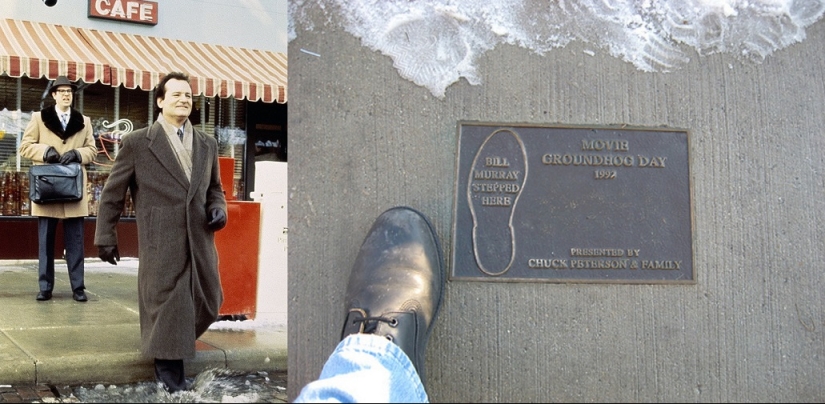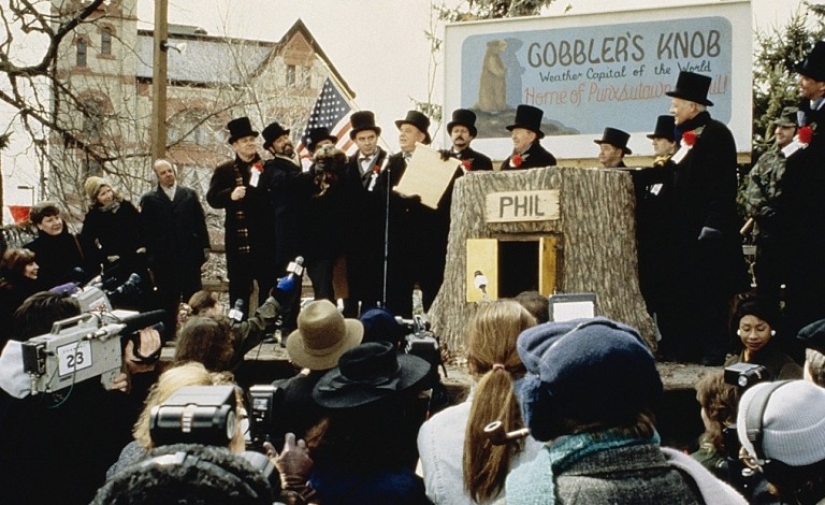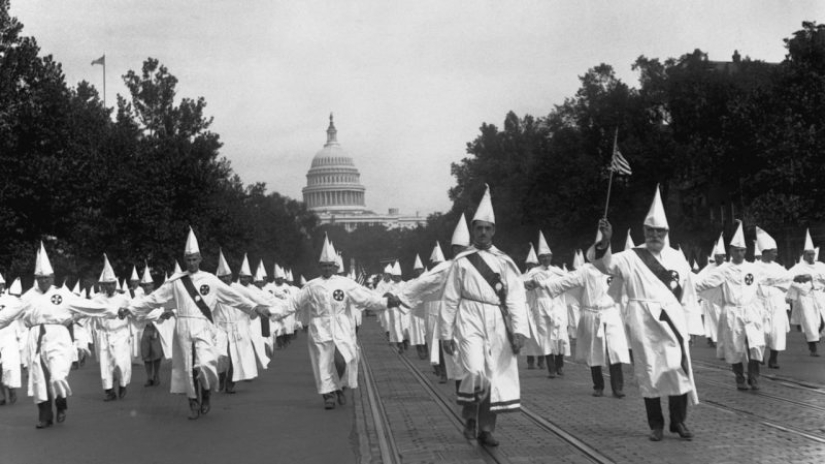10 Interesting Facts About the Ku Klux Klan
Categories: History | North America
By Pictolic https://pictolic.com/article/10-interesting-facts-about-the-ku-klux-klan.htmlIn December 1865, the Ku Klux Klan, an ultra-right organization based on racist ideas, was created in the American city of Pulaski, Tennessee. Despite the fact that everyone knows about the existence of people in white sheets, few people are familiar with the history and ideology of their movement. Meanwhile, there is a lot of interesting information associated with them, as well as important events for US history.

We have prepared a few facts that will help you learn a little better about the mysterious racist organization, which, fortunately, can already be called part of history.
The exact origin of the word "Ku Klux Klan" is unknown. The most common version is that the name of the organization resembles the sound of a rifle shutter being jerked. But few people know that there are two more opinions about where the founders of the clan took the name for their brainchild.

Some believe that the word comes from the Greek “kuklos” - wheel. There is also an opinion that it is based on the Latin word “cuculo”, meaning hood. Pointed hoods are one of the main signs of members of the K.K.K., so this option has the right to life.
Researchers identify three main periods in the history of the Ku Klux Klan. The organization appeared immediately after the defeat of the southerners in the Civil War and at first was simply a circle of “interests.” Its members did not get involved in politics, but simply eliminated ideological opponents at night, dreamed of reviving slavery, and sometimes organized funny torchlight processions in white robes.

Despite the obvious senselessness, the K.K.K. was replenished with new members and grew by leaps and bounds. Some were attracted by ideas of racial superiority, others were delighted with exotic rituals and unusual paraphernalia, and there were those who simply joined the clan out of boredom. At the time of its dissolution in 1871, the Ku Klux Klan had approximately 2 million members.

The second birth of K.K.K. happened in 1915. This period was marked by a greater inclination of the organization into politics. To the racists were added anti-Semites, federal officials, homosexuals, trade union leaders and all kinds of Carbonari and revolutionaries. After the end of World War II, the K.K.K. disintegrated into many disparate cells that did not have a common leadership and they practically stopped remembering about him.

The organization was revived for the third time in the 70s. Members of the K.K.K. new enemies appeared - communists and leaders of left-wing trade union movements. The actions of the Ku Klux Klan during this period were highly politicized. Remnants of this movement still exist in the United States, but they no longer represent either danger or interest.
Immediately after its founding, the K.K.K. had a very complex structure and ineffective management. At the same time, members of the clan had very pretentious titles: “Genius”, “Great Dragon”, “Great Giant”, “Fury”, “Great Treasurer”, “Great Magus”. For interaction between and within cells called "caves" and "domains", there was a whole set of intricate rules, partly borrowed from the Freemasons, as well as a system of complex passwords.

The members of the first community had a certain nobility. Shortly before the attack, they sent their victims a warning in the form of orange grains, melon seeds or oak branches. This future victim was given a chance for salvation - she could disappear in an unknown direction, stop the objectionable K.K.K. activities or renounce your beliefs.

Such a phenomenon as the Ku Klux Klan was reflected in literature, and its members often appeared in films. The organization's most famous mention is in Arthur Conan Doyle's story "The Five Orange Pips," in which Americans traveling to Britain mysteriously die after receiving five orange pips and a note signed by the K.K.K.

In their free time from racial discrimination and torchlight processions, Ku Klux Klan members made friends with families, had parties, barbecue picnics, and even played sports. At the beginning of the 20th century, the organization even had several baseball teams. One of them took part in a high-profile match in 1925 against the all-black Manrovians team. By the way, that time the racists lost with a score of 10:8.

The racist organization tried to influence all spheres of society. In the 20s, the famous Soviet scientist Ilya Ivanov set out to create a hybrid of humans and chimpanzees, for which he turned to the owner of a monkey nursery, Rosalia Abreu, a native of Cuba, for help.

When members of the K.K.K. found out about this, they promised to attack the woman and destroy her business. Despite this, the brave Cuban woman agreed to cooperate with Ivanov, and only the wave of Stalinist repressions, in which the Soviet naturalist disappeared, prevented the unique and morally controversial experience.
Oddly enough, the most significant role in the fight against the K.K.K. in the 20th century he played the fictional comic book hero Superman. In 1946, a series of comic books was published and a radio play was released in which the superman confronted the “Clan of the Fiery Cross.” The burning cross is one of the most famous symbols of the Ku Klux Klan, and in other respects the similarities with the racist organization were obvious.

Thanks to the comic book hero, the popularity of K.K.K. began to fall rapidly, and it became difficult for the organization to attract new adherents. In addition, many members of the clan seriously thought about the correctness of their views and left the ranks of the people in white hoods.
In everyday life, members of the K.K.K. were ordinary people who go to work and also have hobbies and interests. The head of the Louisiana cell, David Duke, who held office in 1974-75, under the names of the fictional authors Dorothy Vanderbilt and Dames Conrad, published the book “How to Find and Keep the Man of Your Dreams,” which contained advice on makeup, cooking, fashion, relationships and sex .

In his opus, the author called oral contact a “night snack,” and in all other respects the book was a typical read for American housewives who are undemanding in style and content. Duke once admitted that he took up literature only to earn extra money.
In 1994, in Missouri, the local Ku Klux Klan filed a formal application to maintain one of the state's highways. According to American laws, the organization that has undertaken to repair the highway has priority when installing signs and advertising posters on it. The racists were refused, but they sued the state for 6 years until they got their way in 2000.

The state was still able to do a little dirty trick - to name the highway after Rosa Parks, a black activist who opposed racial segregation. K.K.K. Until 2012, he was engaged in maintaining the route, and then stopped fulfilling his obligations. The authorities immediately took advantage of this and broke the agreement.
Recent articles

It's high time to admit that this whole hipster idea has gone too far. The concept has become so popular that even restaurants have ...

There is a perception that people only use 10% of their brain potential. But the heroes of our review, apparently, found a way to ...

New Year's is a time to surprise and delight loved ones not only with gifts but also with a unique presentation of the holiday ...